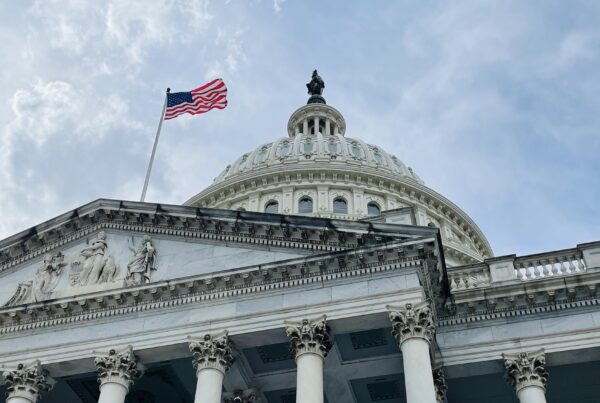Have you considered moving to Puerto Rico?
Warm weather, beautiful beaches, and tax savings… this sounds perfect. So, what are the potential tax savings?
Under Puerto Rico’s Act 60 of 2019, non-PR residents who move to Puerto Rico and meet certain requirements can benefit from a 0% income tax rate on PR-sourced capital gains and other passive types of income such as dividend and interest income.
U.S. citizens or green card holders moving to Puerto Rico, will continue to be subject to U.S. tax on worldwide income regardless of their country of residence. However, under Internal Revenue Code (I.R.C.) section 933, a “bona fide resident of Puerto Rico” can exclude income from PR sources from U.S. taxable income.
Qualifying as a bona fide resident of Puerto Rico is not as simple as moving to Puerto Rico. To qualify, a person who moves to Puerto Rico must, during each taxable year: (i) as best practice, be present in Puerto Rico for at least 183 days, (ii) not have a tax home outside of Puerto Rico, and (iii) possess a closer connection to Puerto Rico than to the United States or other foreign country. The “closer connection” test is a facts and circumstances test that should be given close attention and, despite being physically present in Puerto Rico for most of the year, a person may be treated as having a tax home or a closer connection outside of Puerto Rico and would, thus, fail to qualify as a bona fide resident of Puerto Rico.
Assuming bona fide residency is established, by virtue of the Act 60 benefits and I.R.C. section 933, for a U.S. citizen or green card holder, PR-sourced capital gains and PR-sourced dividend and interest income could be completely exempt from income tax in the U.S. and Puerto Rico. This could represent significant tax savings depending on your type of income streams.
As such, it becomes important to understand the U.S. and Puerto Rico sourcing rules for capital gains, dividends, and interest income. On the other hand, capital gains from the sale of personal property, such as corporate shares, are generally sourced to the seller’s location. Therefore, gains derived by a bona fide resident of Puerto Rico should also be eligible for the exemptions from both U.S. and PR tax. However, as a rule of thumb, only gains accrued after moving to Puerto Rico may qualify as PR-sourced capital gains. In other words, all, or a portion of, the gains from assets acquired before moving to Puerto Rico are generally treated as U.S.-sourced. This capital gains exemption is what has driven investors, particularly cryptocurrency traders, to make the move to Puerto Rico.
Note that all other (non-passive) PR-sourced income should be subject to tax in Puerto Rico but not in the U.S. under I.R.C. section 933, and non-PR-sourced income should continue to be subject to U.S. tax with foreign tax credits (FTCs) available for any Puerto Rico taxes paid on such income, subject to the applicable foreign tax credit rules and limitations.
Finally, if you are moving to Puerto Rico but would like to continue to provide services to persons in the U.S. or abroad, Puerto Rico’s Act 60 of 2019 also provides a 4% tax rate on businesses that provide eligible export services and commerce. Therefore, in this situation, the bona fide resident of Puerto Rico could benefit from creating a PR entity that obtains a tax decree for export services. Income received by the individual from the PR entity by way of profits distributions would be exempt from PR tax. However, the bona fide resident of Puerto Rico providing services should have a reasonable salary from the PR entity, which would be taxed at the ordinary Puerto Rico tax rates.
Takeaway: WilkinGuttenplan has the resources to help you consider if moving to Puerto Rico would be advantageous to you.




